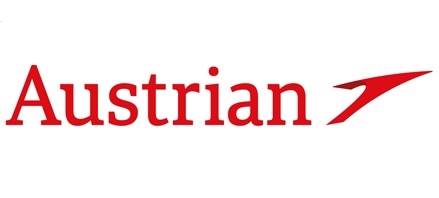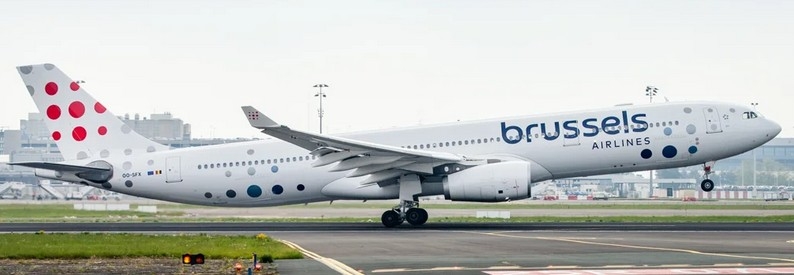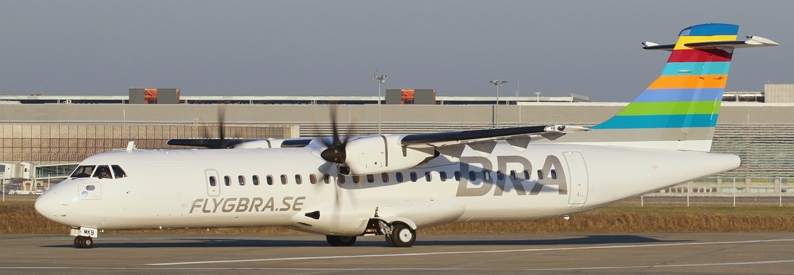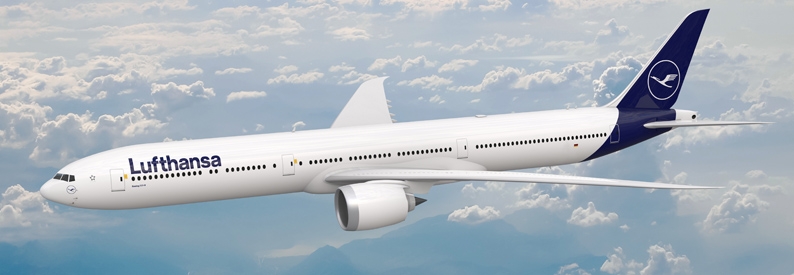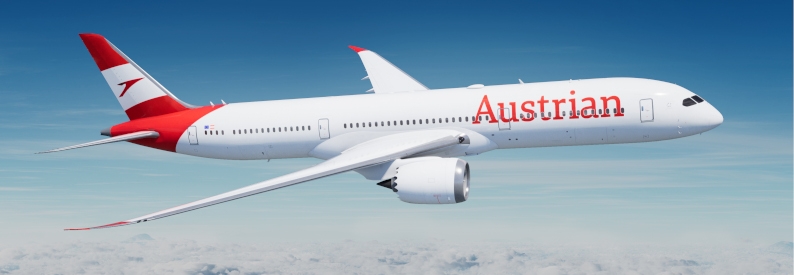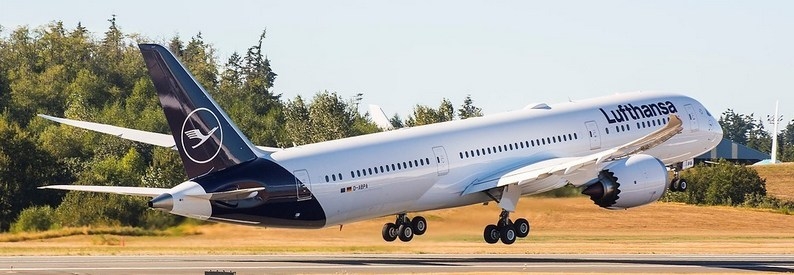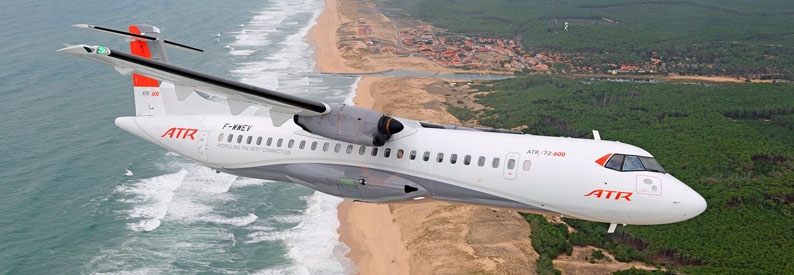Austria is introducing a minimum air ticket price of EUR40 euros (USD63) to minimise the social, and environmental impact of the airline industry.
During a media briefing on June 8, Environment Minister Leonore Gewessler said it would no longer be possible to offer ticket prices below actual taxes and charges. “In Austria, on average, this means EUR40. In the future, there will be no more low-cost tickets at the cost of the climate and employees. In the European Union, we are pioneers against the dumping of low-cost tickets,” New Mobility News quotes Gewessler as saying.
The Austrian government also plans to introduce a EUR30 tax on all air travel for distances less than 350 km. Austrian Airlines (OS, Vienna) services to locations less than three hours from Vienna airport by train will be replaced by train journeys, Bloomberg reported. The route affected most by the measure is Austrian's domestic service from Vienna to Salzburg.
During the press conference on June 8, chancellor Sebastian Kurz also announced aid for Austrian Airlines, with EUR150 million (USD169 million) being made available to the airline, which should ensure the sustainability of the 7,000 jobs at the carrier. “In addition, [Austrian Airlines owner] Lufthansa will contribute EUR150 million, and EUR300 million [USD338 million] loans through an Austrian banking consortium,” Kurz said.
In return for the bailout, the Austrian government mandates that Austrian Airlines shifts short-haul passenger traffic to rail travel where infrastructure permits. Austrian Airlines will also have to reduce its domestic emissions by 50% by 2030.
“It’s good to end things that just don’t make sense, such as tickets that are too cheap,” Lufthansa (LH, Frankfurt International) chief executive officer Carsten Spohr said on June 8. “It doesn’t make sense ecologically or economically. In that respect I can imagine implementing these measures in other European locations,” Bloomberg quoted him as saying.
Similarly, Air France (AF, Paris CDG) recently said it would not sell tickets for point-to-point routes already served by high-speed trains that can cover the distance in less than two-and-a-half hours. This is part of conditions for a EUR7 billion (USD8 billion) aid package that requires it to cut domestic services by 40%.
Meanwhile, Switzerland on June 10 announced it would impose a new air ticket tax for flights departing Switzerland. The House of Representatives approved the levy of between CHF30 (USD32), and CHF120 (USD126) per ticket depending on distance and class of travel, with the tax expected to generate up to CHF500 million (USD525 million). Private flights will be taxed as well but transit flights, flights carried out for medical purposes, and those intended for sovereign purposes will be exempt. These measures were first proposed in December 2018 but initially rejected. Almost half of the taxes raised will contribute to Switzerland’s climate fund. The other half will be redistributed back to the country’s population.
